10 brainy and mental health stories from 2021
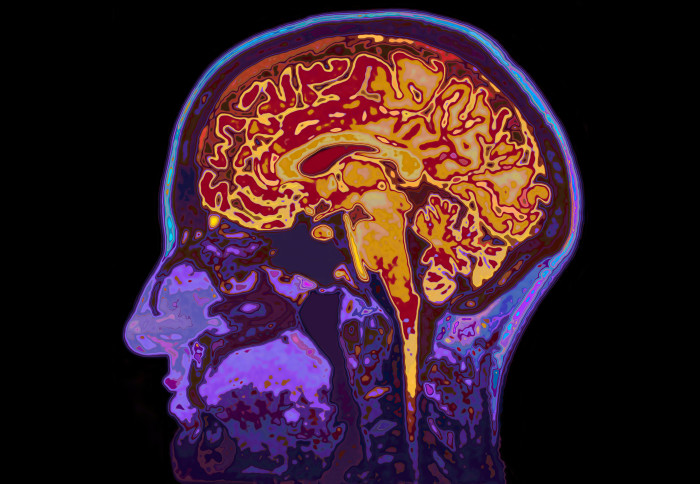
From new understandings of mental health issues to pioneering treatments for neurological conditions, we look at Imperial’s brainy findings from 2021.
1. Histamine and depression
New findings showed that inflammation and the associated release of the molecule histamine affects levels of serotonin – a key player in mood disorders which is commonly referred to as the ‘feel-good molecule’.
Researchers found that serotonin levels in mouse brains fell rapidly after they induced localised inflammation, and that histamine directly inhibited the release of serotonin by binding to inhibitory receptors on serotonin neurons.
Widely prescribed antidepressants did little to increase serotonin levels in the mice.
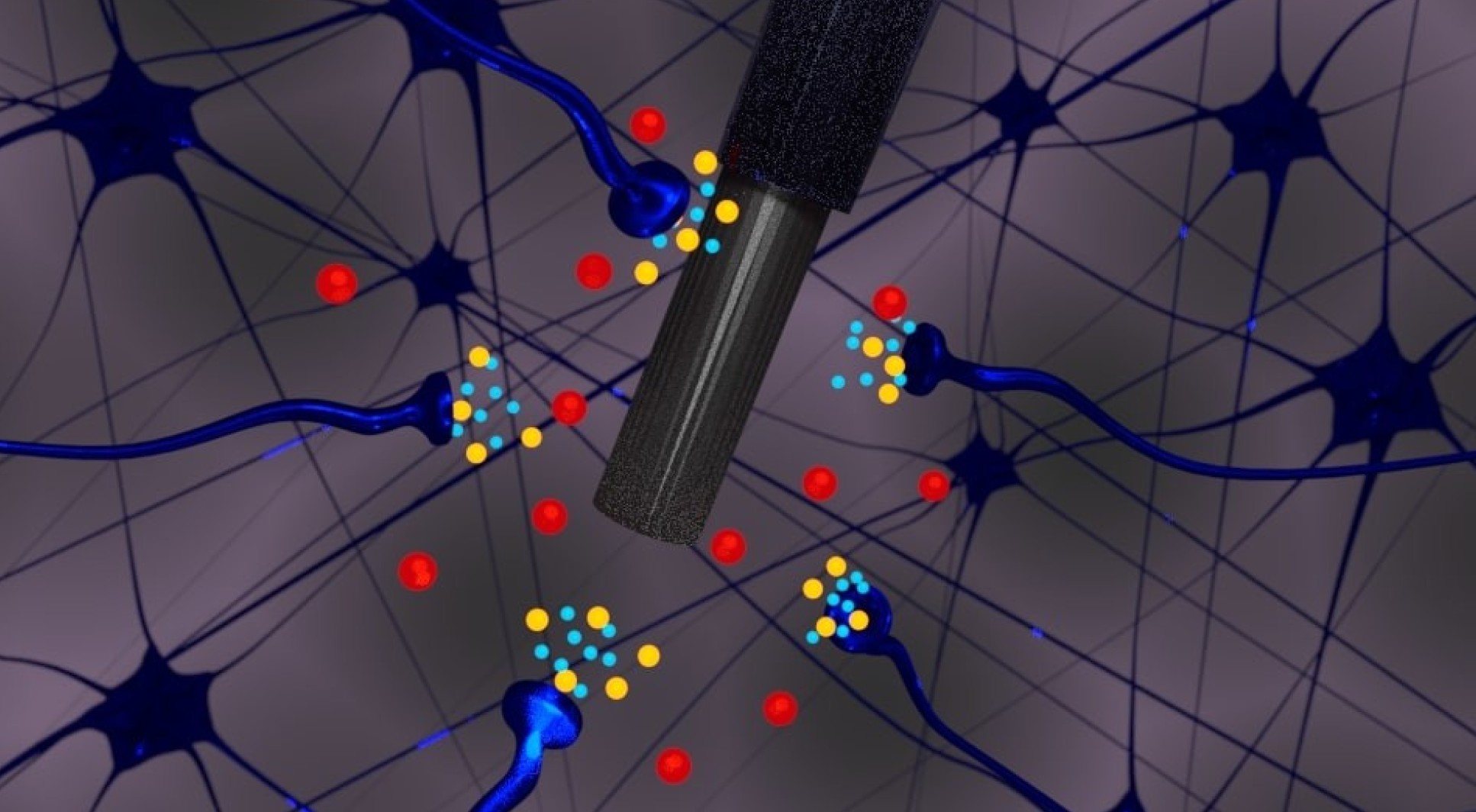
These inhibitory receptors are also present on human neurons, which suggests the findings could be applicable to humans. If so, histamine could become a ‘new molecule of interest’ in treating depression, the commonest mental health condition globally.
2. Brain stimulation for tremors
Researchers used electrical pulses to suppress tremors associated with a range of neurological conditions like Parkinson’s disease and essential  tremor. Using brain stimulation applied through electrodes on the scalp of patients, researchers managed to suppress these tremors for a short time after stimulation had stopped.
tremor. Using brain stimulation applied through electrodes on the scalp of patients, researchers managed to suppress these tremors for a short time after stimulation had stopped.
In the future, this approach may provide a non-invasive alternative to treatments such as brain surgery, which is not widely available and carries risks.
3. Mapping brain injuries
A team investigating traumatic brain injuries (TBIs) showed how mechanical forces acting on the brain are linked to long-term damage.
By combining a computational model of brain injury with experimental studies in rat brains, the researchers found that the effect of shear stresses on the white matter of the brain can be used to predict the location of long-term damage.
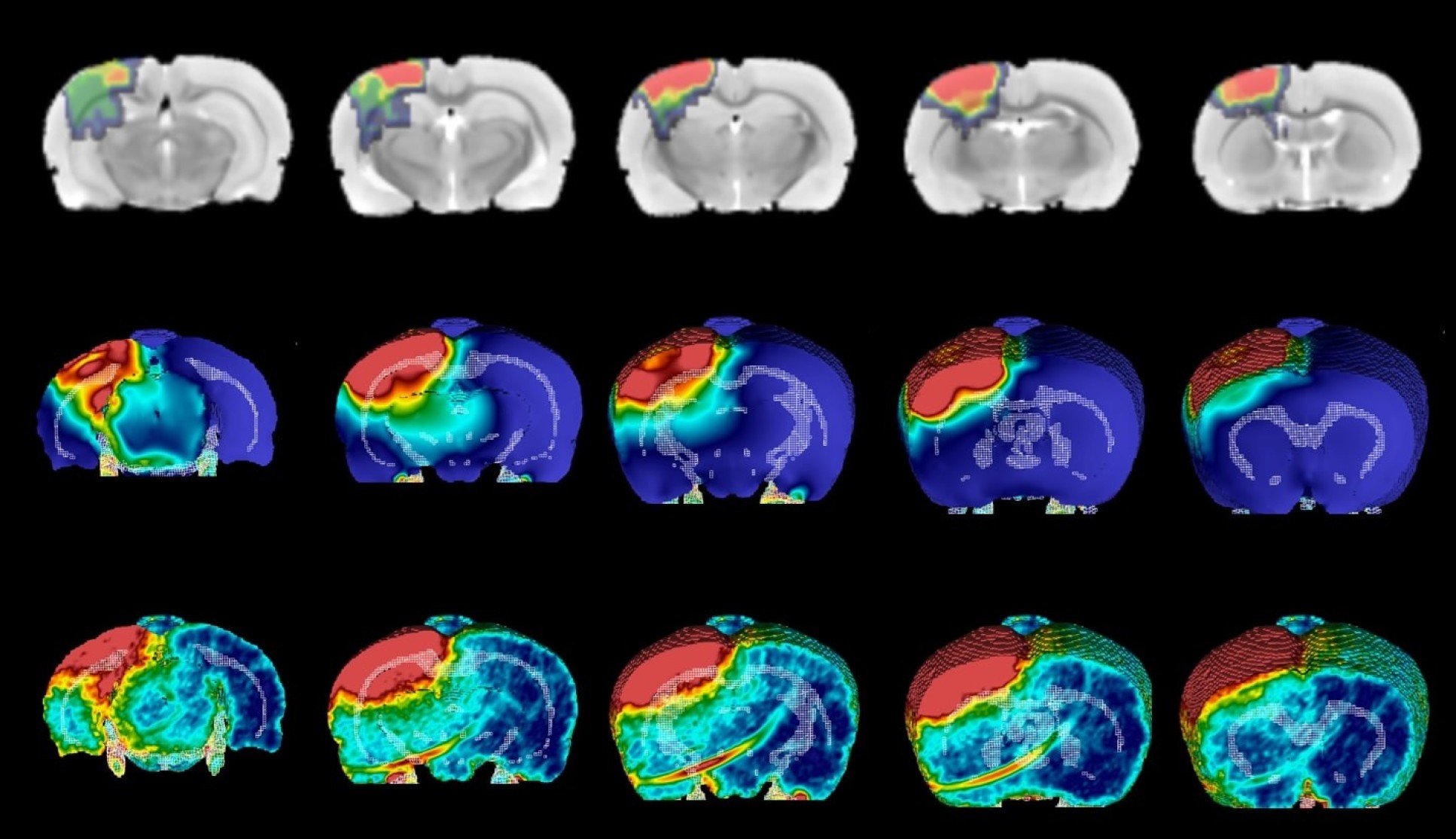
This new model could help us more accurately predict the severity of brain injuries and inform the design of preventative measures and protective equipment.
4. ICU staff mental health
New findings highlighted the prevalence of mental health conditions in intensive care unit (ICU) staff during the COVID-19 pandemic.
The research looked at 515 ICU healthcare workers across seven countries, finding that nearly one in two participants had symptoms of mental health conditions like depression, post-traumatic stress disorder and insomnia. The study also found a 40 percent rise in mental health conditions in healthcare workers who spent more than six hours in personal protective equipment daily, compared to those who didn’t.

A range of factors have contributed to this, including heightened demand for critical care workers during the pandemic.
These findings highlight the importance of providing resources and effective solutions to protect the mental health of hospital workforces.
5. Prion progress
New research shone a light on the process underpinning a group of aggressive and fatal brain diseases such as Kuru and Creutzfeldt-Jakob disease. These conditions are caused by the misfolding of proteins called prions, which accumulate in the brain and kill brain cells. New research characterised the process by which prions transition from their healthy versions to the disease-causing form.
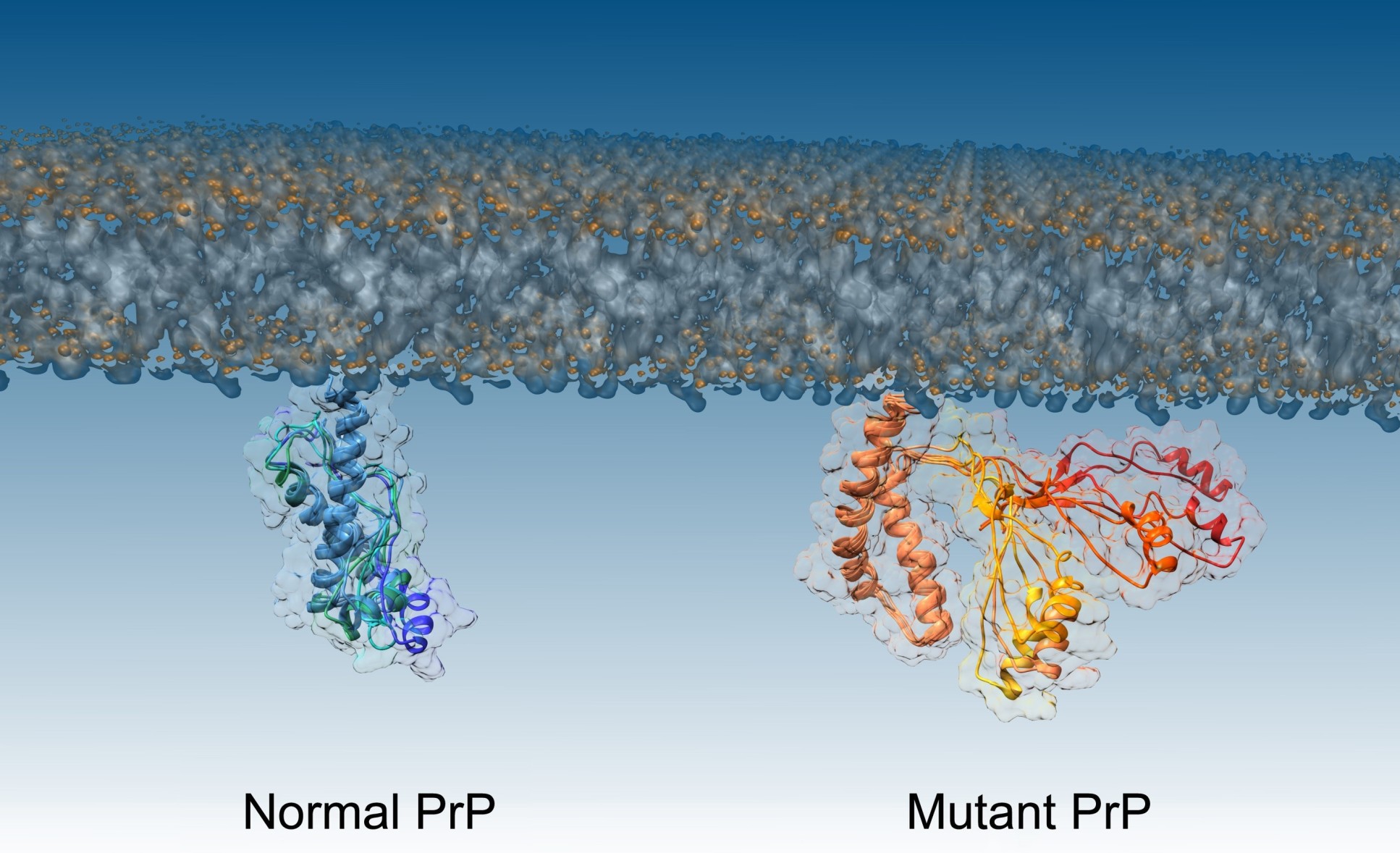
From this, the researchers were able to produce antibodies which could block this process. Although these antibodies would be too large to pass into the brain in their current form, the findings provide hope for future drugs which may be able to target this molecular mechanism.
6. High resolution brain mapping
A new TBI computer model has mapped the blood vessels of a rat brain in the highest resolution yet. The model could prove vital in understanding the impact of TBIs on brain vasculature and the protective blood-brain barrier (BBB).
Using this model, the team found that the level of TBI-induced damage to blood vessels was determined by their alignment to adjacent vessels.
The model also showed that the increase in BBB permeability during TBI (which can cause further damage) happens because of disruption of brain vasculature, and that this is most severe immediately following head injury.
If this model translates well to humans, it could help to inform the design of new preventative measures for TBIs - the commonest cause of chronic disability in under 40-year-olds.
7. Magic mushroom potential
A small study found that psilocybin, the active compound in magic mushrooms, may be at least as effective as a leading antidepressant at treating depression.
The study compared the effectiveness of two sessions of psilocybin therapy with a six-week course of the antidepressant escitalopram in 59 people with moderate-to-severe depression. While both treatments reduced the severity of depressive symptoms, psilocybin-treated patients reported a quicker and greater reduction in symptoms, as well as fewer side effects.
Although these findings are encouraging, the team highlighted that the difference between groups in a study of this size was not statistically significant. Further studies are needed to assess the therapeutic value of psilocybin.
8. Type 2 diabetes and dementia
A new study may help to explain the higher prevalence of dementia in people with type 2 diabetes. The findings suggest that ‘cardiometabolic factors’ such as blood pressure, cholesterol levels and blood sugar levels may affect both brain health and cardiovascular health - potentially increasing the risk of developing dementia.
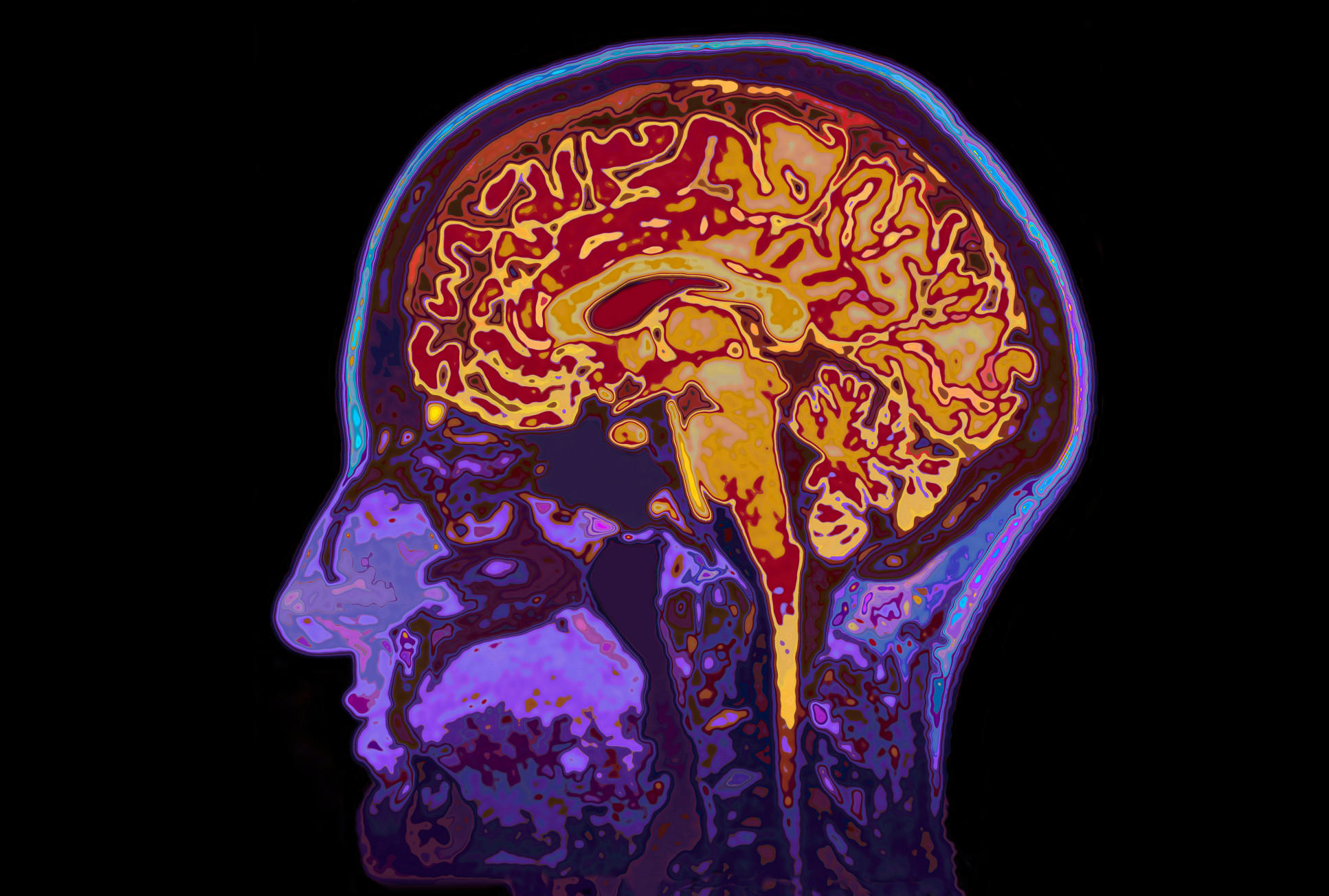
Of 227,580 people with type 2 diabetes, those who developed dementia had higher cardiometabolic factors in the 20 years prior to their dementia diagnosis than the patients who did not develop dementia.
Although the study does not confirm a causal link between cardiometabolic factors and the onset of dementia, it highlights the importance of managing these risk factors in patients with type 2 diabetes for both heart and brain health.
9. Rugby player brains
A study on the brains of 44 elite rugby players found that a significant proportion of participants showed signs of abnormalities in the brain’s white matter.
 White matter is important in the communication between brain cells. Magnetic resonance imaging highlighted a range of changes including abnormalities in the cell axons (the ‘wires’ of brain cells) in 23 per cent of the athletes, as well as small tears in blood vessels which cause microbleeds in the brain.
White matter is important in the communication between brain cells. Magnetic resonance imaging highlighted a range of changes including abnormalities in the cell axons (the ‘wires’ of brain cells) in 23 per cent of the athletes, as well as small tears in blood vessels which cause microbleeds in the brain.
These structural changes are likely linked to head injuries, which account for one in five injuries sustained in rugby matches. However, further research is needed to understand the potential long-term impacts of these changes on brain health.
10. Climate change and mental health
This year’s COP26 climate conference received criticism about the lack of events about climate change and deteriorating mental health.
A new report argued that more needs to be done to address these impacts of climate change. It found evidence of the damaging impacts of climate change on mental health, with significant ‘hidden costs’ to individuals, health systems and economies. These include the alarming association between rising temperatures and increased deaths by suicide and suicidal thoughts.

The researchers suggested incorporating mental health support into climate disaster emergency responses as standard, and training healthcare professionals to recognise and speak out about the impacts of climate change on mental health.
Article text (excluding photos or graphics) © Imperial College London.
Photos and graphics subject to third party copyright used with permission or © Imperial College London.
Reporter
Press Office
Communications and Public Affairs
- Email: press.office@imperial.ac.uk
